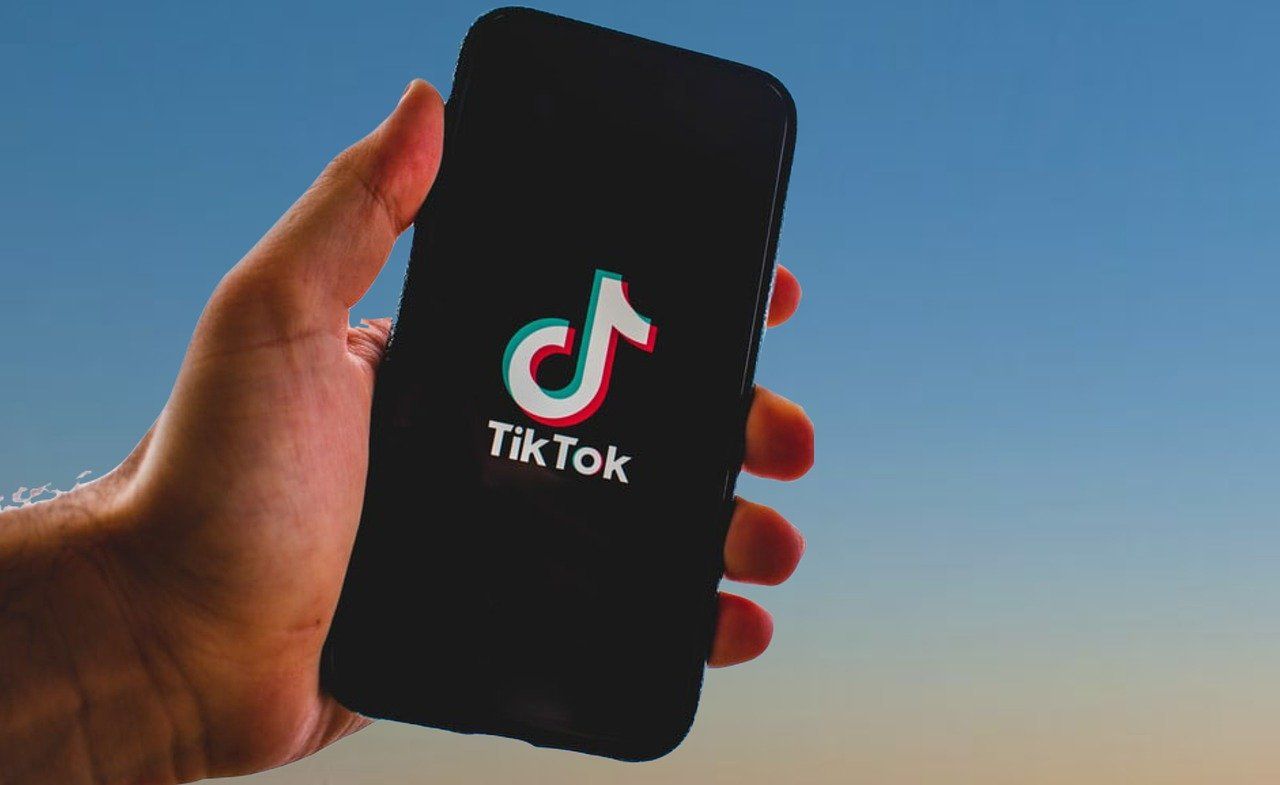Tips for running a successful online contest

There are many benefits of running social media contests. They help your business build awareness, increase engagement and are a rich source of data. To reap these benefits, you must make sure that the contest is run properly and effectively. Below are some tips that will help you make the most out of your contests.
The first step when building a contest is to determine a goal. Do you want to grow your subscriber list, increase social engagement or generate more sales? Maybe you want to do all three. Whatever your goal may be, make sure your goal is S.M.A.R.T (specific, measurable, attainable, relevant and timely).
Setting a goal will help you to determine the type of contest that you want to run. Sweepstakes contests are the easiest for users to enter but photo or video contests with fan votes are always great for engagement.
Make sure you have clear contest rules. The rules should include a description of how the winner will be selected. You should also be sure to include an eligibility section where you specify age and residency restrictions. It’s also important to include the contest entry period, explain how to enter, and let your fans know how their personal information will be used. In addition, know the laws for your area or consult someone from your legal team to be sure you have included everything that you need.
You should create a contest hashtag that reflects your contest and also promotes your business and brand. A hashtag will tie your contest across various social networks but keep in mind that on Twitter and Facebook there is such a thing as too many hashtags. We recommend having only 2 hashtags on those platforms but on Instagram, more is better.
Your contest should have nice, eye-catching images that reflect your brand. Include your logo and use resources such as Canva or Photoshop to create professional looking artwork.
Limit the amount of information you collect from the entrants. A good rule of thumb is to limit the form fields to three or less. Decide what the most important pieces of information to collect are that will be beneficial to your marketing efforts. The more form fields you have, the less likely people will be to enter your contest.
Lastly, don’t forget to promote your contest! One great paid option is to use Facebook advertising because you can tailor the ads to your specific target audience and can spend as little to as much as you want.










